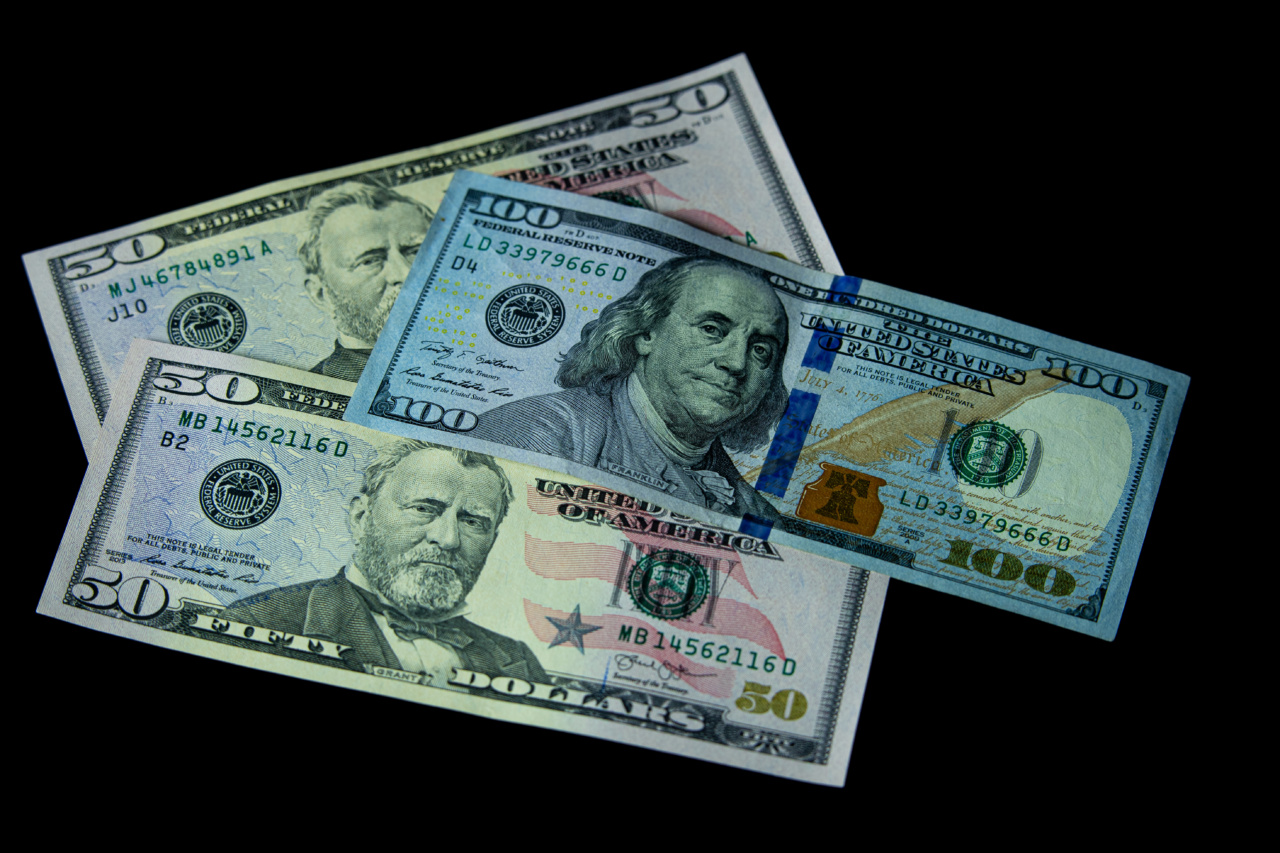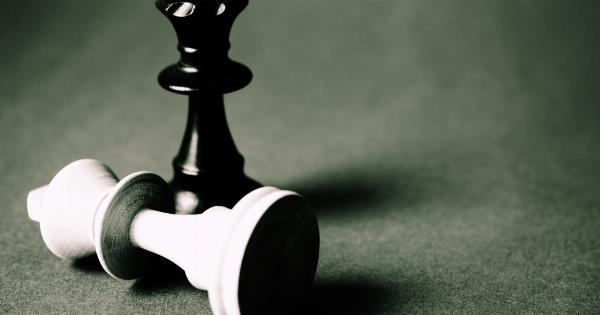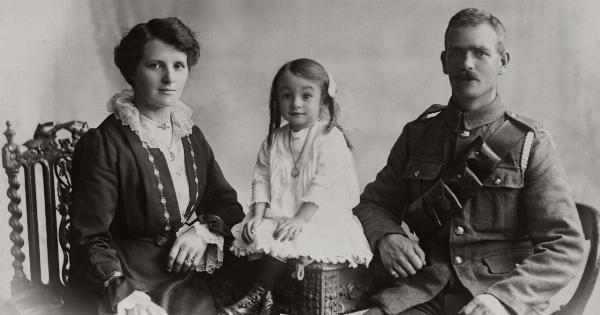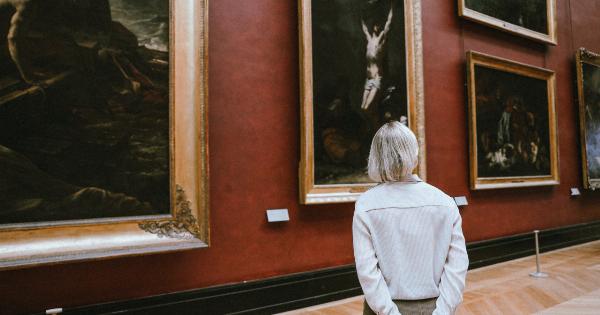Intellect, the power of the mind to understand and think critically, has been the driving force behind human progress throughout history.
From ancient philosophers and mathematicians to modern scientists and innovators, intellect has shaped our understanding of the world and paved the way for technological advancements. In this article, we will explore the stories of a hundred remarkable intellects who have made significant contributions in various fields.
1. Aristotle
Aristotle, the ancient Greek philosopher, was a student of Plato and the tutor of Alexander the Great. His works on logic, biology, politics, and ethics laid the foundation for Western philosophy and scientific inquiry.
2. Leonardo da Vinci
Leonardo da Vinci, a true Renaissance man, excelled in multiple fields including art, science, engineering, and anatomy.
His magnificent artworks like the Mona Lisa and The Last Supper continue to captivate audiences, while his scientific sketches and inventions demonstrate his genius.
3. Isaac Newton
Isaac Newton, a prominent figure in the scientific revolution, formulated the laws of motion and universal gravitation. His groundbreaking work in mathematics, physics, and optics revolutionized our understanding of the natural world.
4. Marie Curie
Marie Curie, a physicist and chemist, became the first woman to win a Nobel Prize and the only person to have received Nobel Prizes in two different scientific fields.
Her research on radioactivity paved the way for advancements in medical treatments and nuclear physics.
5. Albert Einstein
Albert Einstein, the famous theoretical physicist, developed the theory of relativity, which transformed our understanding of space, time, and gravity.
His equation E=mc^2 is arguably the most famous equation in science and has applications in nuclear energy.
6. Ada Lovelace
Ada Lovelace, an English mathematician, is credited with writing the world’s first algorithm meant to be processed by a machine. Her work on Charles Babbage’s Analytical Engine laid the groundwork for modern computer programming.
7. Nikola Tesla
Nikola Tesla, a Serbian-American inventor, electrical engineer, and physicist, made significant contributions to the development of alternating current (AC) electrical systems.
His inventions laid the foundation for modern power distribution systems and wireless communication.
8. Marie Curie
Marie Curie, a physicist and chemist, became the first woman to win a Nobel Prize and the only person to have received Nobel Prizes in two different scientific fields.
Her research on radioactivity paved the way for advancements in medical treatments and nuclear physics.
9. Leonardo da Vinci
Leonardo da Vinci, a true Renaissance man, excelled in multiple fields including art, science, engineering, and anatomy.
His magnificent artworks like the Mona Lisa and The Last Supper continue to captivate audiences, while his scientific sketches and inventions demonstrate his genius.
10. Pythagoras
Pythagoras, an ancient Greek mathematician, made significant contributions to geometry and the understanding of numbers. His famous theorem, known as the Pythagorean theorem, remains fundamental to mathematics and its applications in various fields.
11. Charles Darwin
Charles Darwin, a naturalist and biologist, proposed the theory of evolution through natural selection.
His groundbreaking book “On the Origin of Species” revolutionized the field of biology and continues to shape our understanding of life on Earth.
12. Sigmund Freud
Sigmund Freud, the founder of psychoanalysis, developed groundbreaking theories on the human mind and behavior. His insights into the unconscious mind and the importance of early childhood experiences laid the foundation for modern psychology.
13. Alan Turing
Alan Turing, a mathematician and computer scientist, played a crucial role in developing the concept of the modern computer. His work during World War II on code-breaking machines laid the foundation for computer science and artificial intelligence.
14. Jane Goodall
Jane Goodall, a primatologist and conservationist, dedicated her life to studying and advocating for the protection of chimpanzees and their habitats.
Her research and activism have greatly contributed to our understanding of animal behavior and the importance of conservation.
15. Galileo Galilei
Galileo Galilei, an Italian physicist, mathematician, and astronomer, played a crucial role in the scientific revolution. His observations and experiments laid the foundation for modern astronomy, physics, and the use of scientific instruments.
16. Stephen Hawking
Stephen Hawking, a theoretical physicist and cosmologist, made significant contributions to our understanding of black holes, the Big Bang theory, and the nature of the universe.
Despite his physical limitations due to ALS, his intellect shone through his groundbreaking research.
17. Marie Skłodowska-Curie
Marie Skłodowska-Curie, a Polish-born scientist, conducted pioneering research in radioactivity.
She became the first woman to win a Nobel Prize and the first person to win Nobel Prizes in two different scientific fields, paving the way for women in science.
18. Nikola Tesla
Nikola Tesla, a Serbian-American inventor, electrical engineer, and physicist, made significant contributions to the development of alternating current (AC) electrical systems.
His inventions laid the foundation for modern power distribution systems and wireless communication.
19. Leonardo da Vinci
Leonardo da Vinci, a true Renaissance man, excelled in multiple fields including art, science, engineering, and anatomy.
His magnificent artworks like the Mona Lisa and The Last Supper continue to captivate audiences, while his scientific sketches and inventions demonstrate his genius.
20. Aristotle
Aristotle, the ancient Greek philosopher, was a student of Plato and the tutor of Alexander the Great. His works on logic, biology, politics, and ethics laid the foundation for Western philosophy and scientific inquiry.
These are just a few examples of the exceptional intellects who have shaped our world. From philosophers and artists to scientists and inventors, their contributions continue to inspire and drive future generations.
The stories of these remarkable individuals serve as a testament to the power of human intellect and its limitless potential.































